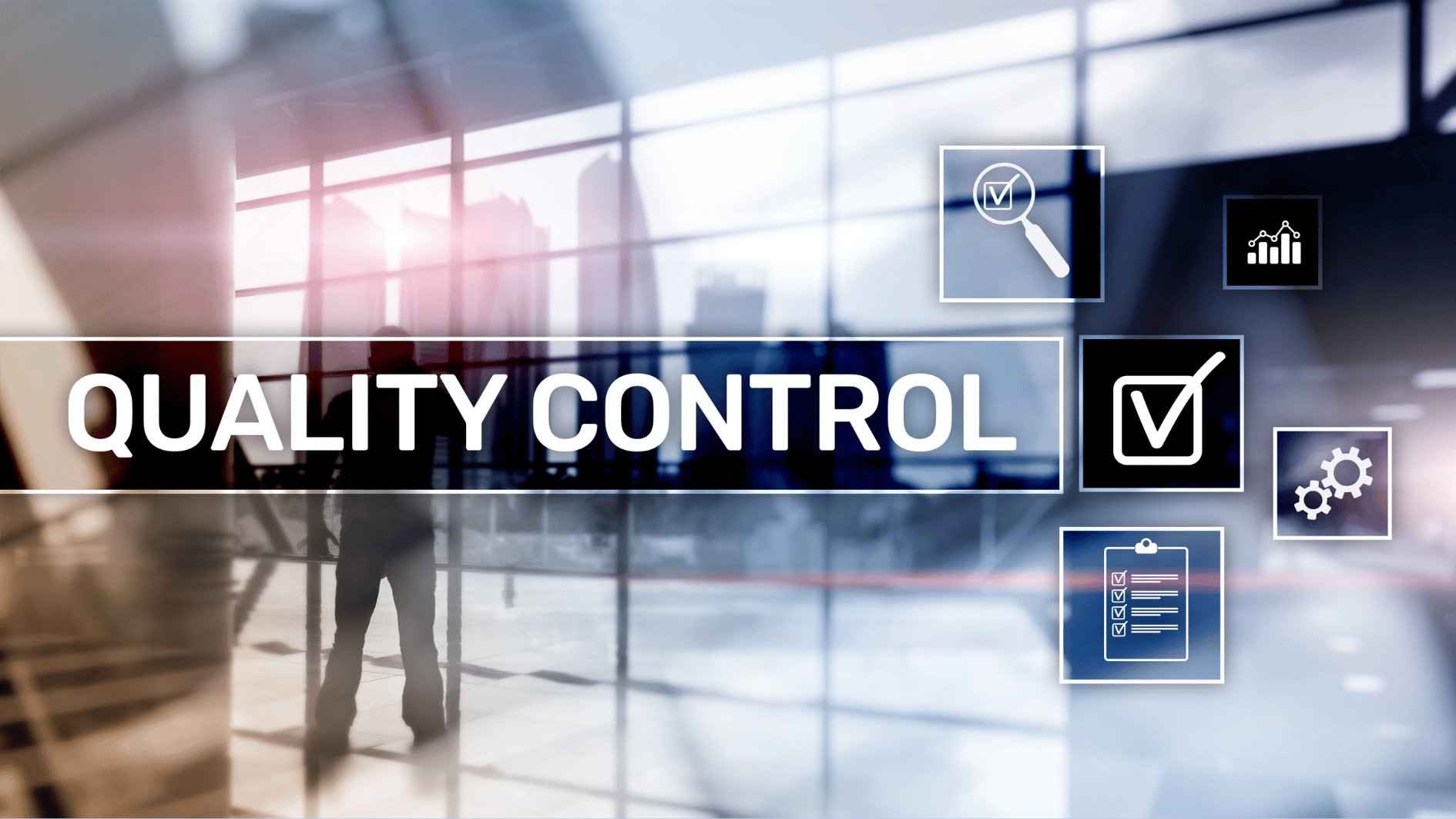Image source: Canva.com
Solar panel testing is a comprehensive process that evaluates various critical factors to ensure the panels meet the necessary standards for performance, safety, and environmental responsibility. Key aspects of this testing include efficiency ratings, performance at low irradiance, green certifications, and RoHS compliance.
Efficiency Ratings

Efficiency ratings are one of the most significant indicators of a solar panel’s performance. This rating measures how effectively a solar panel converts sunlight into usable electricity. During testing, panels are exposed to standardized conditions, and their energy output is measured to determine their efficiency. Higher efficiency ratings indicate that a panel can generate more electricity from the same amount of sunlight, making it more desirable for consumers looking to maximize their energy production in limited space.
Performance at Low Irradiance
Solar panels are not always exposed to optimal sunlight conditions; cloudy days, early mornings, and late afternoons can all result in low irradiance levels. Testing for performance at low irradiance assesses how well a solar panel operates under these suboptimal conditions. Panels that perform well at low irradiance are more reliable in various weather conditions, ensuring a more consistent energy supply even when sunlight is limited.
Green Certifications
Green certifications are an essential aspect of solar panel testing, reflecting the environmental sustainability of the panels. Certifications such as those from the Cradle to Cradle Certified® or other recognized bodies indicate that the solar panels have been manufactured using environmentally friendly processes and materials. These certifications often consider factors like the use of non-toxic materials, energy-efficient production methods, and the recyclability of the panels at the end of their lifecycle. Panels with green certifications appeal to environmentally conscious consumers and contribute to the broader goal of reducing the ecological footprint of solar energy.
RoHS Compliance
RoHS (Restriction of Hazardous Substances) compliance is another critical factor in solar panel testing. This European Union directive restricts the use of certain hazardous materials, such as lead, mercury, cadmium, and other substances, in electronic equipment, including solar panels. Testing for RoHS compliance ensures that solar panels are free from these harmful materials, making them safer for both the environment and human health. RoHS-compliant panels are often preferred in regions with strict environmental regulations and are a key consideration for consumers looking to minimize the environmental impact of their solar installations.

Major Testing and Certification Bodies and Common Solar Panel Certification Standards
Solar panel testing is a multi-faceted process that ensures panels meet high standards for efficiency, performance, and environmental responsibility. By evaluating factors such as efficiency ratings, performance at low irradiance, green certifications, and RoHS compliance, testing provides consumers with the assurance that their solar panels will deliver reliable, sustainable, and safe energy for years to come.





